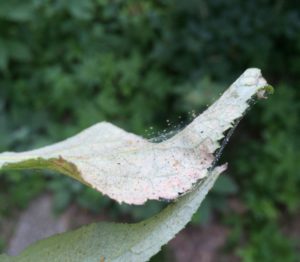
Scout for Twospotted Spider Mites
Twospotted spider mites are probably the most common spider mite species to damage ornamental plants, fruits, vegetables, and others. Twospotted …



Please email or call ahead for assistance. We look forward to hearing from you about your needs and concerns in Carteret County.
El inglés es el idioma de control de esta página. En la medida en que haya algún conflicto entre la traducción al inglés y la traducción, el inglés prevalece.
Al hacer clic en el enlace de traducción se activa un servicio de traducción gratuito para convertir la página al español. Al igual que con cualquier traducción por Internet, la conversión no es sensible al contexto y puede que no traduzca el texto en su significado original. NC State Extension no garantiza la exactitud del texto traducido. Por favor, tenga en cuenta que algunas aplicaciones y/o servicios pueden no funcionar como se espera cuando se traducen.
Inglês é o idioma de controle desta página. Na medida que haja algum conflito entre o texto original em Inglês e a tradução, o Inglês prevalece.
Ao clicar no link de tradução, um serviço gratuito de tradução será ativado para converter a página para o Português. Como em qualquer tradução pela internet, a conversão não é sensivel ao contexto e pode não ocorrer a tradução para o significado orginal. O serviço de Extensão da Carolina do Norte (NC State Extension) não garante a exatidão do texto traduzido. Por favor, observe que algumas funções ou serviços podem não funcionar como esperado após a tradução.
English is the controlling language of this page. To the extent there is any conflict between the English text and the translation, English controls.
Clicking on the translation link activates a free translation service to convert the page to Spanish. As with any Internet translation, the conversion is not context-sensitive and may not translate the text to its original meaning. NC State Extension does not guarantee the accuracy of the translated text. Please note that some applications and/or services may not function as expected when translated.
Collapse ▲
Twospotted spider mites are probably the most common spider mite species to damage ornamental plants, fruits, vegetables, and others. Twospotted …
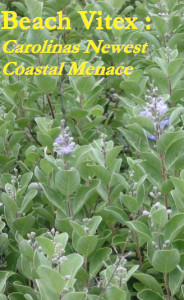
As with any area, proper plant selection along our beaches and barrier islands is very important. The publication, Native …
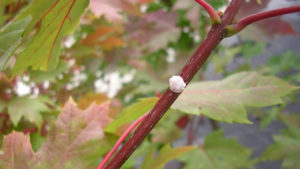
There are a couple species of wax scales (Ceroplastes spp.) in North Carolina. Common ones include Indian wax scale …
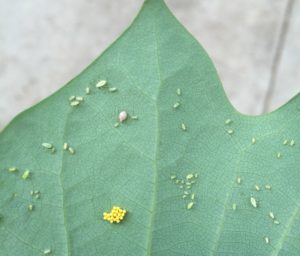
Tulip trees (Liriodendron tulipifera) have two primary pests both of which produce honeydew and both of which are actively …

Eastern tent caterpillars are common native insects that create silk webs or ‘tents’ in the branch crotches of some …

Nursery growers have been struggling with ambrosia beetles for decades. Now landscape trees are also getting attacked more frequently. …

The Daylily leafminer is a recent pest from Asia. It was first detected in 2006 but has now spread …
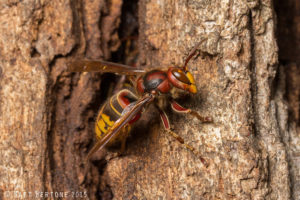
We continue to receive inquiries from people who are confusing some of our common insect species with the Asian …
When is the Next Pesticide School? North Carolina residents seeking to obtain a license to apply restricted pesticides to their …
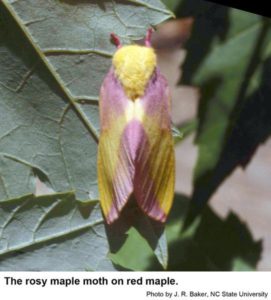
I got reports of rosy maple moths spotted around lights over the weekend. These beautiful moths are the adult …

There is a viral news story circulating about the “murder hornet,” the unfortunate moniker of the Asian Giant hornet, Vespa …

The news media are reporting that the Asian giant hornet (Vespa mandarinia) has been found in Washington state. This hornet …

Over the last week stripe rust has been reported in several counties across North Carolina (Table 1). A stripe …

You may have European pepper moth in your nursery and not know it. They are hard to find because …
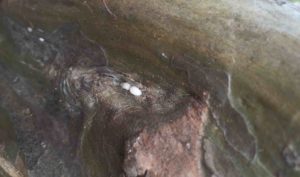
Crape myrtles have typically been almost maintenance free (unless you top them) but with the new crape myrtle bark …
Effective April 30, 2020, the N.C. Department of Agriculture and Consumer Services Agronomic Division will begin accepting routine samples from …
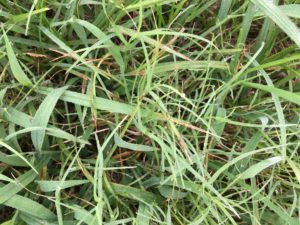
Crabgrass is a summer annual weed, which means it dies every winter and comes back each spring when the …
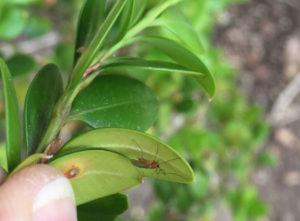
Amanda Taylor, Area Specialized Agent – Nursery and Greenhouse alerted us that Boxwood leafminer adults are active in the …

Maple shoot borers (Proteoteras aesculana) are common pests of red maples in nurseries. Amanda Taylor, Area Specialized Agent – …
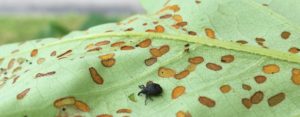
We just got an alert from Amanda Taylor, Area Specialized Agent – Nursery and Greenhouse, that yellow poplar weevils, …
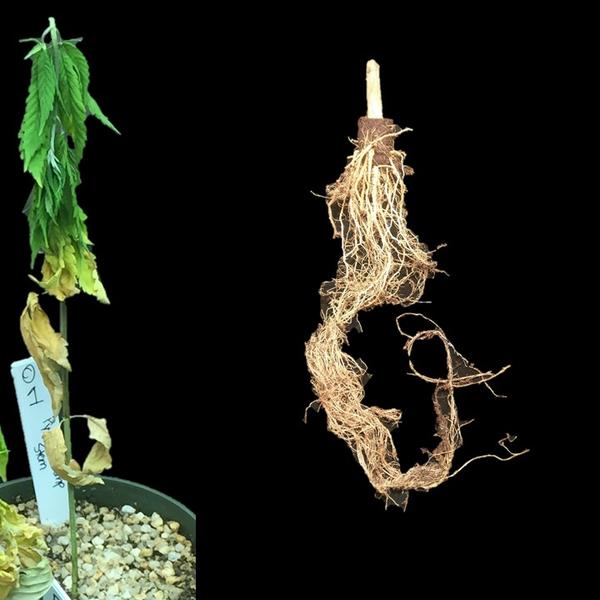
This factsheet discusses pythium root and crown rot in industrial hemp production.
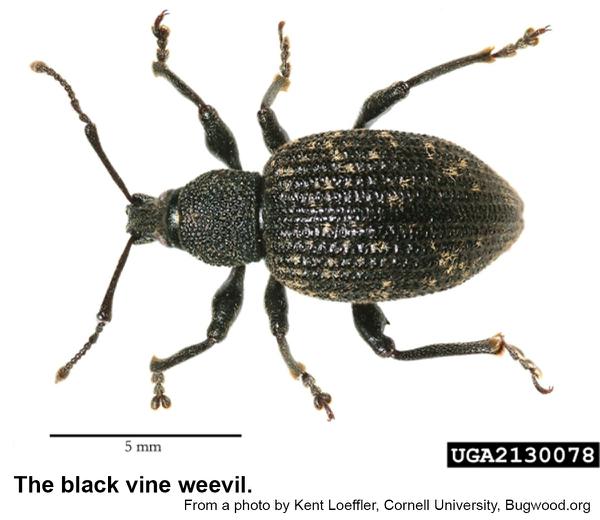
This Entomology Insect Note describes the biology and control of the black vine weevil, an …
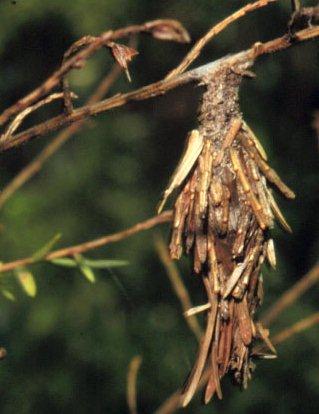
This Entomology Insect Note describes the biology and control of bagworms, a common ornamental plant …
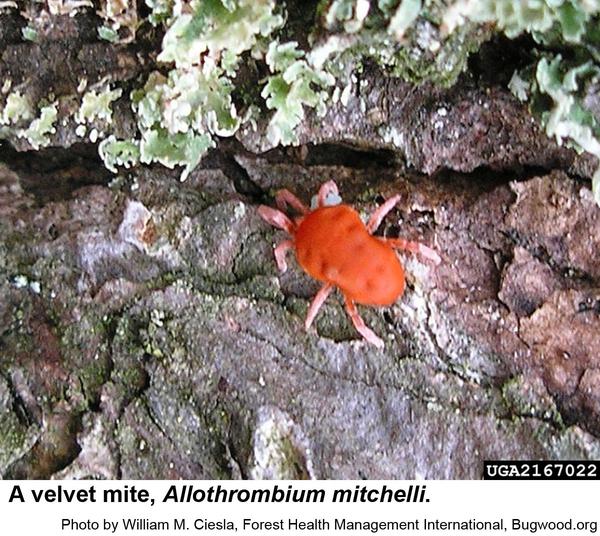
This factsheet describes the biology of trombidiid mites— velvet mites, red velvet mites, large red …
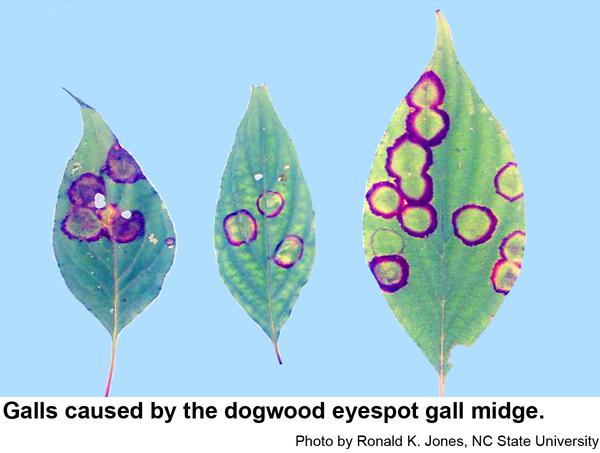
This factsheet describes dogwood eyespot galls caused by an ocellate gall midge, Parallelodiplosis subtruncata. …
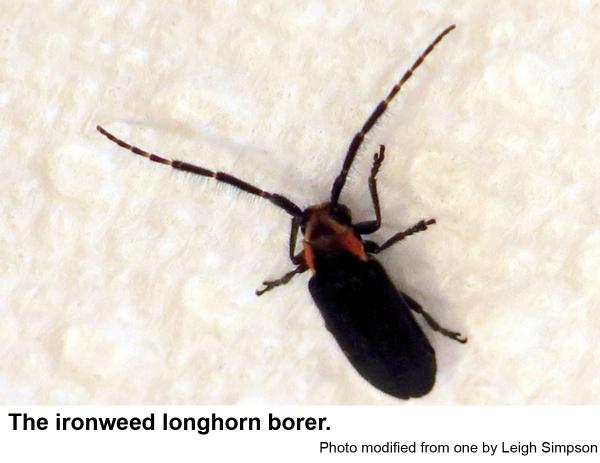
This factsheet describes the biology of the ironweed longhorn borer, Hemierana marginata, and provides residential …
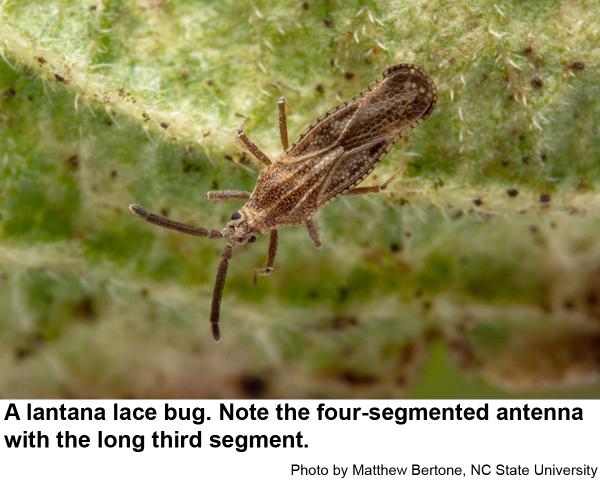
This factsheet describes the biology of the lantana lace bug, Teleonemia scrupulosa, and provides residential …
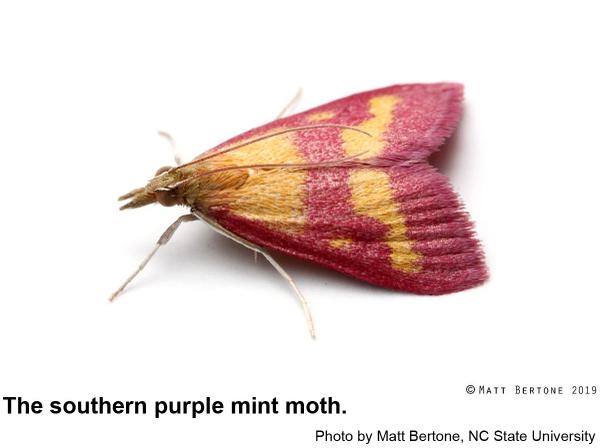
This factsheet describes the biology of the southern purple mint moth, Pyrausta laticlavia, and provides …